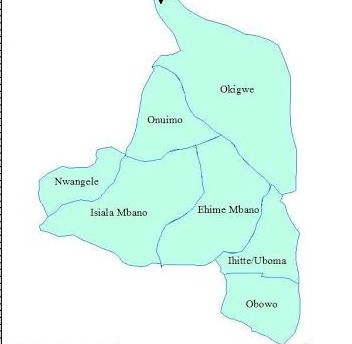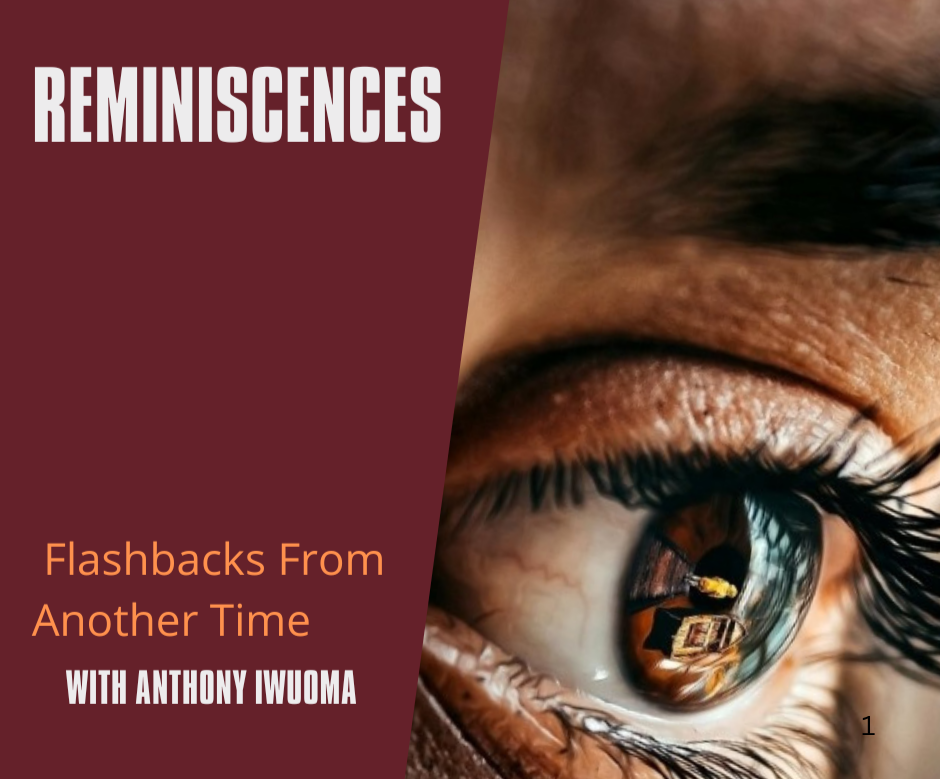
By Publisher
Kindly share:
There is a bleeding nation at the heart of Africa, a place where the soil is soaked not just with oil but with the blood of its own people. Nigeria, once touted as the Giant of Africa, now totters like a weary pallbearer, dragging the weight of corpses across its vast and battered landscape. The harvest is no longer grain but graves. In this bizarre theatre of violence, Nigeria has morphed into the continent’s mobile morgue, an open graveyard where the only thing that travels faster than insecurity is silence.
For Nigeria, death has become an addiction. The Nigerian state has developed a disturbing tolerance for bloodshed. What should provoke national outrage has become a normalised background noise. Massacres no longer shock; they trend. Headlines have become a grim lottery of carnage: “Forty killed in fresh herder attacks,” “Villagers butchered in their sleep,” “Kidnapped schoolchildren yet to be found.” The repetition dulls the conscience. Death, once sacred and solemn, has now become data.
In most nations, mass death prompts government resignations, state funerals, and national mourning. In Nigeria, it triggers hashtags and eventually, forgetfulness. It is as though the country has entered a pact with pain, a grim covenant of coexistence with horror.
The theatre of butchery is expanding. The violence is neither spontaneous nor random. It is patterned, persistent, and pointed. Entire regions are being emptied of their original inhabitants. Many communities have become ghost towns, their farmlands overtaken by ghostly “unknown gunmen” who are mysteriously well-armed, well-coordinated, and frequently unchallenged. These so-called bandits or killer herdsmen sweep into communities at night, slaughtering the old and young alike, and vanish before daylight with chilling precision.
Who funds them? Who arms them? Why do security operatives consistently arrive hours after the carnage, despite repeated warnings and intelligence? Why are victims often blamed for even feeble attempts at self-defence while perpetrators vanish into thin air untracked, only to strike again?
The answers are buried in a narrative that is too disturbing to confront, yet glaring to ignore.
Beneath the blood lies a growing suspicion: That Nigeria’s mounting violence is not merely the product of state failure, but of state complicity or, at the very least, elite indifference designed to advance a darker objective. Whispers have grown into open debate about a long game of Fulani expansionism, stretching beyond cattle grazing into territorial and political domination. This theory, once dismissed as ethnic paranoia, has gained ground through repeated patterns.
Is this merely a consequence of broken governance or a calculated campaign to redraw Nigeria’s demographic map by force?
The idea of a “Fulanisation” agenda, controversial as it is, feeds on real events. Those Fulani at the helm are often accused of failing to rein in Fulani militias or sanction officials who turned a blind eye. Under their watch, violence spiked, and many victims felt abandoned by a government they believed had chosen ethnic allegiance over national responsibility.
Nigeria’s fake federalism has enabled a structure where power flows vertically but responsibility dissipates horizontally. State governors are called “Chief Security Officers” of their states, yet they have no command over police or military assets. Meanwhile, federal forces often act more swiftly against peaceful protesters than against mass murderers.
The security establishment, heavily centralized and disproportionately controlled by the North, has become a blunt tool, too slow to save lives, yet too rigid to reform. They are swift to descend on local efforts to protect themselves in the absence of the government to do so. It is this structural imbalance that allows a mobile morgue to roam unchecked, with death commuting freely from state to state.
In every conflict, follow the gains. In Nigeria’s case, the answer is as elusive as it is alarming. Who benefits when farmland is abandoned, villages are emptied, and fear rules? Who benefits from a disarmed population in rural zones while assailants roam freely with AK-47s? Who benefits when displaced farmers lose their homes and food production declines, triggering inflation and dependency?
The beneficiaries are often unseen, but their shadows linger. Some theorists believe that the destabilisation of the Middle Belt and southern farmlands creates a path for future land appropriation. Others believe it is about religious conquest cloaked in the garb of security failure. Some simply see it as elite-driven chaos designed to keep the population too fractured to unite, too terrorised to resist.
Whether or not a grand plan exists, one thing is clear: someone profits from Nigeria’s pain. And those in charge are either complicit or clueless, both dangerous outcomes.
The silence of Nigeria’s elite, especially its southern politicians, clergy, and cultural icons, is one of the most tragic subplots in this saga. Many speak only after the blood has dried, and even then, with calculated caution. Ethno-political correctness has silenced truth, and fear of reprisal has muted outrage.
It is a silence that speaks volumes and kills louder than bullets.
Nations are not destroyed only by war; they are hollowed by indifference. The mobile morgue that is Nigeria is not just about moving death, but about moving on too quickly. The collective amnesia that follows each massacre ensures that lessons are never learned, perpetrators never found, and justice never served.
Every forgotten village, every unacknowledged grave, every unpunished killer is a nail in the coffin of national unity.
When Bola Ahmed Tinubu assumed office in 2023, many believed that the era of impunity would begin to recede. A southerner from Lagos, a political strategist with deep national alliances and a resume as a moderniser, Tinubu’s presidency was expected to break with the ethnically lopsided handling of security under his predecessor, Muhammadu Buhari.
But reality has betrayed expectation.
Despite the change in the helm, the killings persist, and in some places, intensify. The same regions that bled under Buhari continue to hemorrhage under Tinubu. The most unsettling development, however, is the steady southward drift of these attacks into the South-west and South-east regions. Farmers are slaughtered on their lands. Forests are occupied by armed strangers. Kidnapping for ransom has become a booming industry. What many once dismissed as a northern affliction has become a national contagion.
Why has Tinubu, armed with executive power and a southern origin, failed to stem the tide?
Several theories emerge.
One of such is that Tinubu is a captive of the northern bloc. Tinubu’s rise to the presidency was not a solitary feat; it was the product of a long-calculated alliance with the northern political elite, especially the Fulani power structure. To secure their support, he not only made concessions but arguably entered an unwritten pact. Now in power, many believe he is constrained by political debts too dangerous to default on.
Added to this is the burden of legitimacy. Although he has triumphed in the electoral contest and was affirmed by the Supreme Court, his emergence from a contentious election has given him a weak moral footing and may have made him overly cautious, eager to pacify the northern establishment to avoid further national fragmentation. His silence, therefore, may be less about ignorance and more about political self-preservation.
Moreover, Tinubu inherited the same weak institutions and centralised security architecture. The presidency in Nigeria may appear all-powerful, but in practice, it often operates like a lion in a cage, surrounded by entrenched interests, compromised security agencies, and intelligence gaps. Tinubu may be more aware of the depth of infiltration within the armed forces and security institutions than the public realizes, and either lacks the political capital or national consensus to purge them.
Tinubu has also placed economic reform above structural security reform. However, it is a fatal miscalculation in a country where no market can thrive amid mayhem. Investors may tolerate inflation; they will not tolerate instability. A southern president who cannot protect his backyard loses more than face; he loses moral leverage.
Additionally, calls for state policing, community defence corps, or restructuring have met subtle resistance from northern lawmakers and elites, who fear it would break their grip on federal power. Tinubu, rather than challenge this resistance head-on, has preferred backroom diplomacy and strategic silence; again, at the expense of lives.
In summary, Tinubu’s southern heritage has not translated into southern security. If anything, it has created a paradox: a president from the South, seemingly held hostage by the North, presiding over a republic of roaming northern killers.
And so, the mobile morgue continues its trips, this time heading southward.
The funeral bells have been ringing for too long. But funerals, at their core, are not just about endings; they are also calls to the living. A reminder that death, when ignored, becomes contagious.
Nigeria must silence the death march and fight to live again, not merely exist. The time for whispers is over. If we do not stop this mobile morgue now, the next corpse may not be a stranger but the soul of the nation itself.




